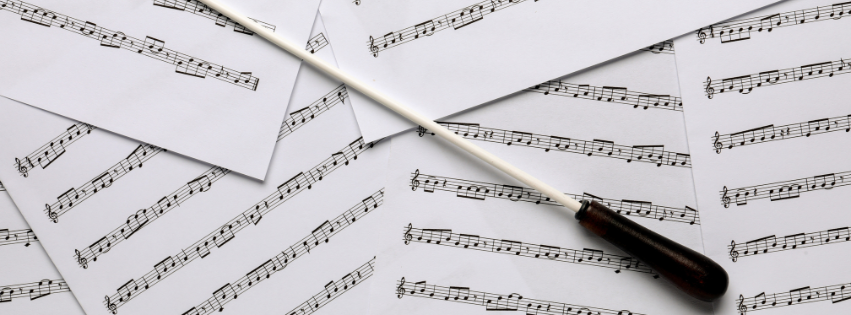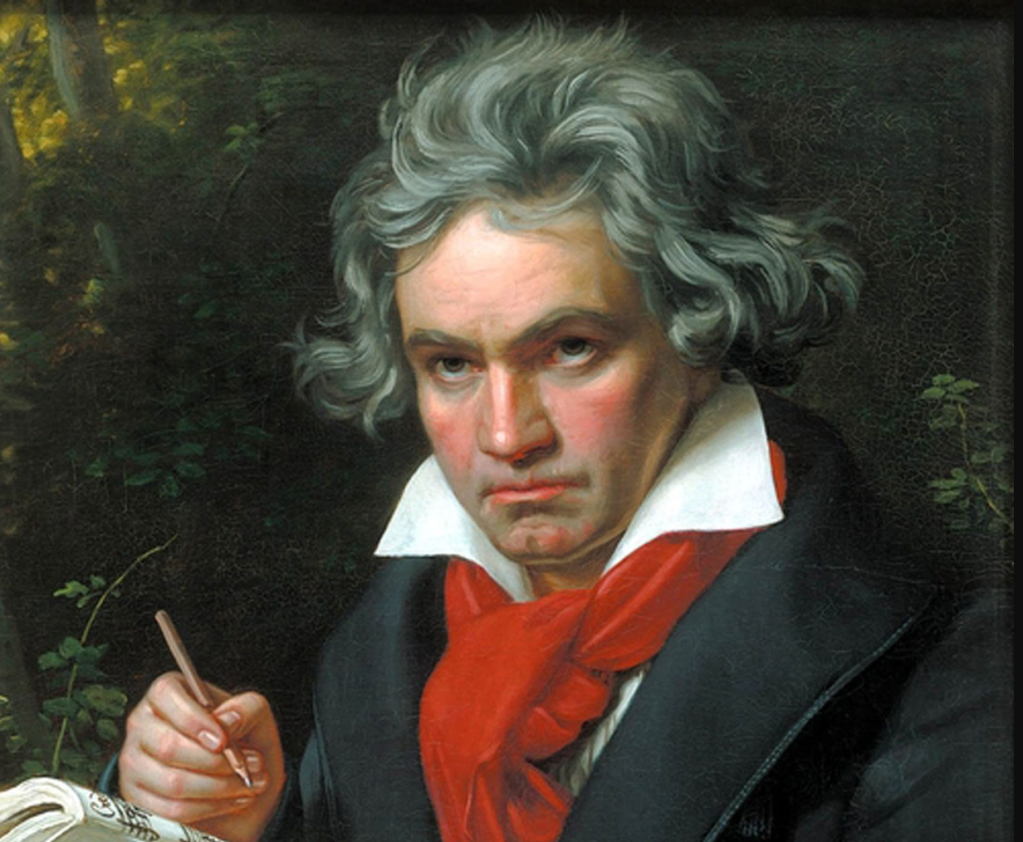This week, as parts of France and the world are hit by an exceptional heatwave, I invite you to breathe in the royal festivities at Versailles, walk in the footsteps of Vivaldi, and finally take a stroll through a mysterious forest. Enjoy!
Rarity – Les Soupers du roy – Mathieu Lussier, Arion Baroque Orchestra
This week is once again marked by a fine recording release focusing on the music of the Court of Versailles, with the album Les Soupers du Roy. Conducted by Mathieu Lussier, the musicians of Arion Baroque Orchestra invite us to step back in time and experience the royal meals of the courts of kings Louis XIV and Louis XV. As I explained last week in my blog entry on the album Festin royal, the king’s meals at Versailles were regularly accompanied by music: « Performed by the Vingt-Quatre Violons du Roi or the Musique de la Chambre, these musical entertainments consisted mainly of suites of dances borrowed from operas, the likes of which we present here, by composers who all held official positions at court under Louis XIV or Louis XV. » (Jacques-André Houle, livret du disque).
This splendid recording is a fine tribute to the « French spirit », which, from the Grand Siècle to the Age of Enlightenment, expressed itself first through a concern « for rigour and a taste for pure refinement » in the classical period, then gradually, « one could feel, in the words of Jean-François Paillard, « the slow decline of French classicism in the face of the aesthetics of the sentiment », when composers « sought to add an extra helping of freedom » to their musical expression. (Jacques-André Houle, disc booklet).
A companion piece to the Festin Royal disc, Les Soupers du Roy widens the focus by retracing almost a century of French music, from Lalande to Rameau, via Destouches, Colin de Blamont and Franœur. The sumptuous, galant interpretation by Mathieu Lussier and the Arion Orchestre Baroque unfolds before our ears the splendour and grace of the music of the Court of the Kings of France at Versailles during the reigns of Louis XIV and Louis XV.
Canon – Three Seasons of Vivaldi – Guiliano Carmignola, Riccardo Doni, Accademia dell’annunciata
When Giuliano Carmignola, , dubbed « a prince among baroque violinists » by Gramophone magazine, records the violin concertos of the « red priest », it’s guaranteed to sparkle. His new recording of Vivaldi’s violin concertos, in which he is accompanied by conductor Riccardo Doni and the Accademia dell’Annunciata.
Giuliano Carmignola has been playing the concertos of Antonio Vivaldi (1678-1741) since he was a teenager, and has been sharing his passion for the music of his compatriot ever since. For this album, he has chosen 18 of Vivaldi’s 200 violin concertos, which he and musicologist Olivier Fourés have grouped into three chapters, representing three seasons – spring, summer and autumn – to evoke Vivaldi’s youth, maturity and last years.
This disc is a pure joy to listen to, thanks as much to the virtuosity, sensitivity and depth of Carmignola’s playing as to the vigorous, precise and shimmering accompaniment of the Accademia dell’Annunciata and Riccardo Doni.
Coup de cœur – Der Wald – Ethel Smyth – John Andrews, BBC Symphony Orchestra, BBc singers
For several years now, the work of the British composer Ethel Smyth (1858-1944) has been emerging from the obscurity into which her death plunged her. A composer who was recognised and celebrated during her lifetime, as soon as she died her music suffered the same sad fate as that of other musicians: it simply disappeared from the concert halls. This magnificent first recording of her second opera Der Wald by John Andrews, the BBC Symphony Orchestra and the BBC Singers is an opportunity to highlight this great composer, with her exceptional personality, who left us a rich and diverse body of music.
Der Wald (1902) is a one-act opera that tells the tragic story of a love triangle in the idyllic and mysterious setting of a medieval forest. According to John Andrews, interviewed by Van Magazine a few months ago, la « sheer dramatic concision » of this opera « almost prefigures the expressionist operas of the following decade ».Smyth’s musical language borrows as much from the romanticism of a Brahms or a Tchaikovsky as from the modernist impulses of the early twentieth century: she « juxtaposes a fairly conservative, late 19th century, rich, sensuous, Romantic idiom — depicting the forest and the people living and working there — with a more angular, dissonant, almost expressionist lavage which she uses to convey the dark, supernatural forces that bring chaos and destruction. » (Source: Van Magazine)
John Andrews, the BBC Singers, the BBC Symphony Orchestra, and the cast consisting of Natalya Romaniw, Claire Barnett-Jones, Robert Murray Andrew Shore, Morgan Pearse, and Matthew Brook, give a dazzling and highly dramatic performance of this opera.



Laisser un commentaire